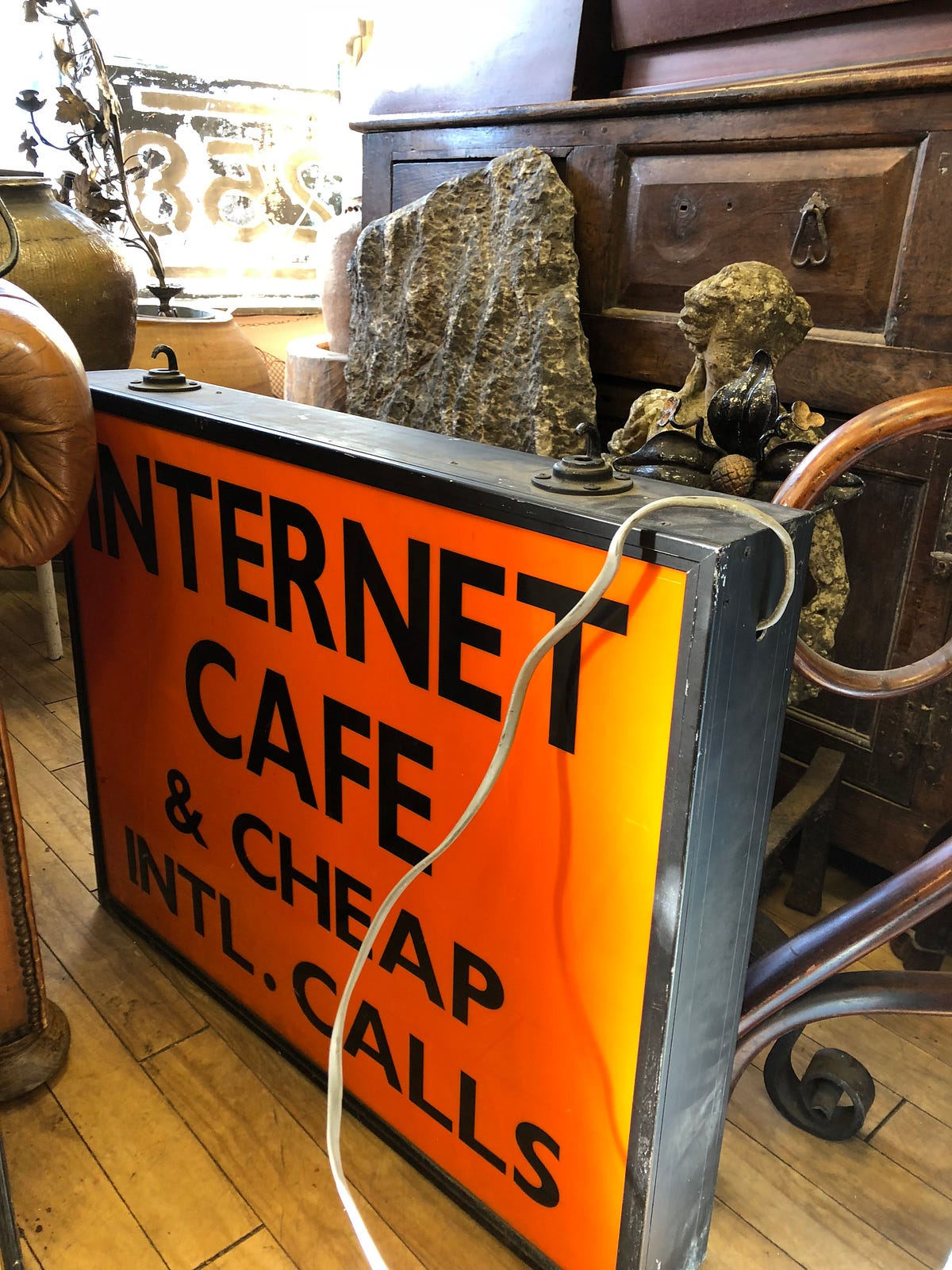Martin Wroe ∙ 3 min read ∙ View on MediumThe Struggle For The Legal TenderOn the disappearance of cash and what money can, and cannot, measure. Standing in a slow-moving supermarket queue this week, everyone was getting a little impatient. The customer being served was having trouble paying for her shopping. Very slowly she was drawing from her purse round bits of metal and pieces of folded paper. Hard cash. The episode was awkward but also endearing, a clumsy antique moment in our sleek and shiny digital times. Our pockets and purses jangle less and less every day. Almost without noticing cash is disappearing in favour of one-tap transactions with card or phone. Life becomes quicker, more convenient…but also, depending on who you are, more difficult. Especially for people on low incomes. According to a report from consumer group Which, half of regular cash users say that using cash helps them keep track of their spending… and more are turning to cash as the cost of living crisis worsens. It’s hard to compete with the efficiency of the virtual transaction, but something is lost when the visible is replaced by the invisible. The passing of notes and coins, the receiving of change — hand to hand, eye to eye — is a brief relationship freighted with the mystery of human connection. And cash leaves no digital footprint, no clues for anyone to track us. No one chasing us down the online high street to persuade us to spend more.  A relationship captured in the emergence of the word ‘monetise’ — the belief that anything and everything can be weighed and measured and turned into money. The beauty in the idea of a Sabbath day, rooted in the ancient creation story when God is said to have taken a day off — after the labours of making everything out of nothing in the previous six — was its sense of uselessness. It wasn’t for anything. A sign that not everything needs to be commodified or have a price tag hung on it. In the National Gallery the other day, my friend Mike was looking at Jesus and his friends in Caravaggio’s painting the Supper At Emmaus. He overheard a child ask her teacher about how much it was worth… and whether, if she won the lottery, she could buy it. The teacher replied there was no need to buy the painting… as she already owned it. What a wise teacher. Galleries with no charge to enter, where everyone can borrow the view and briefly own the art, are a symbol of the good society. A world where people are not locked out by the breathless march of technology. Where the slow are not disregarded by the fast, the old by the young… or the young by the old. We may measure the convenience for some of life without cash, without comparing the trouble it brings for others. As the early Christian teacher Paul put it, ’Let each of you look not only to your own interests, but also to the interests of others.’ — — — — — — — — — From BBC Radio 4’s Thought for the Day on Saturday May 7th. Other recent radio thoughts :‘I don’t want your apology, I want you to be sorry.’ ‘The Renewable Energy of Silence’, ‘How To Be Good Ancestors’, ‘This Bright Sadness’ and ‘I Can’t Speak For The Tree.’ Medium, 548 Market St, PMB 42061, San Francisco, CA 94104 Careers·Help Center·Privacy Policy·Terms of service |
